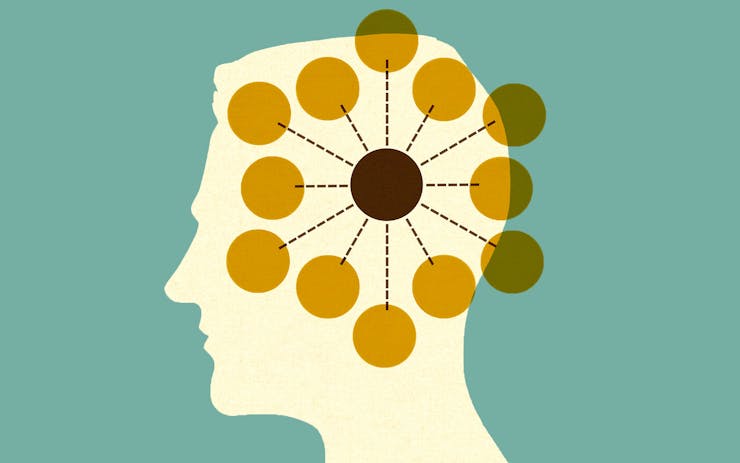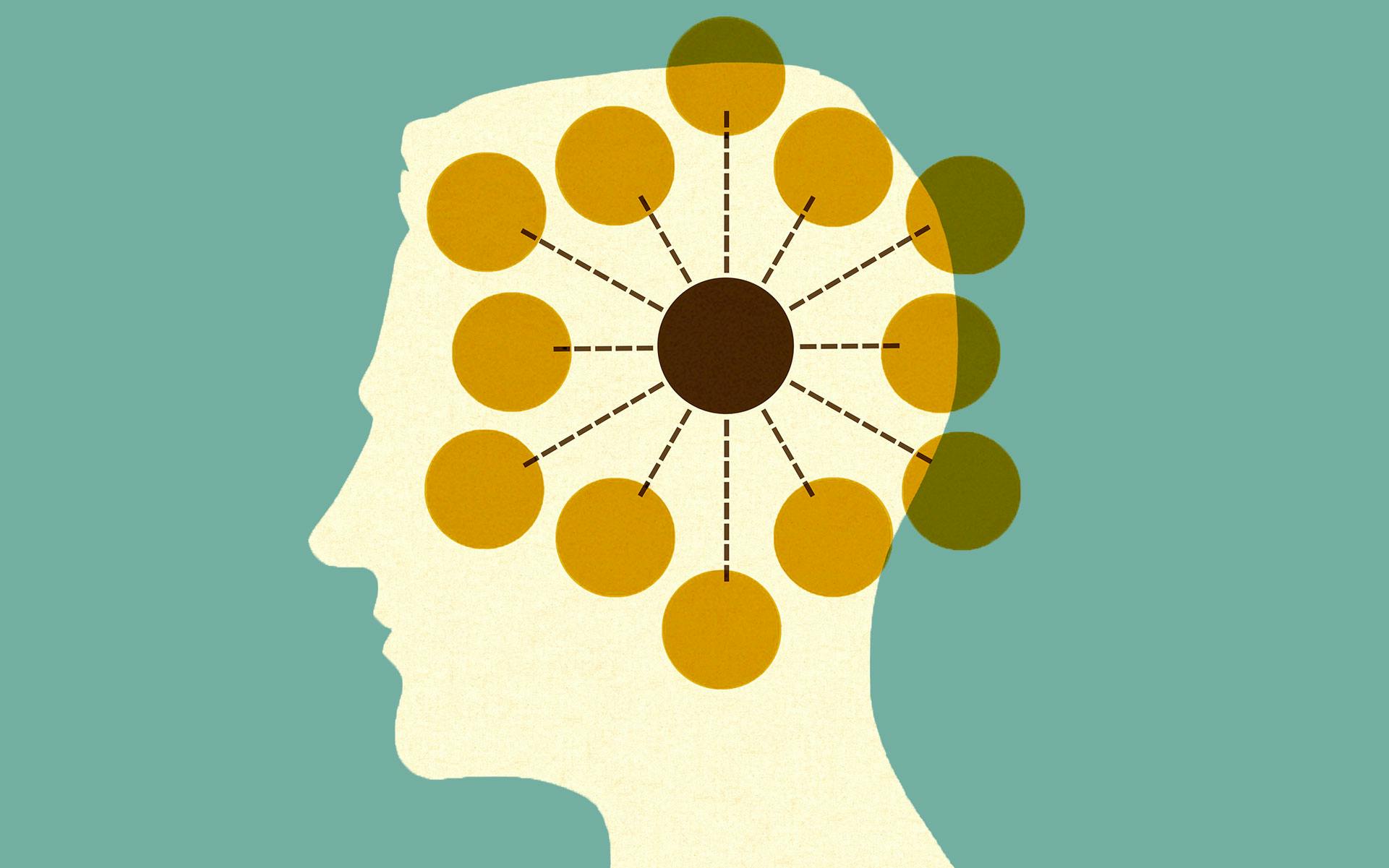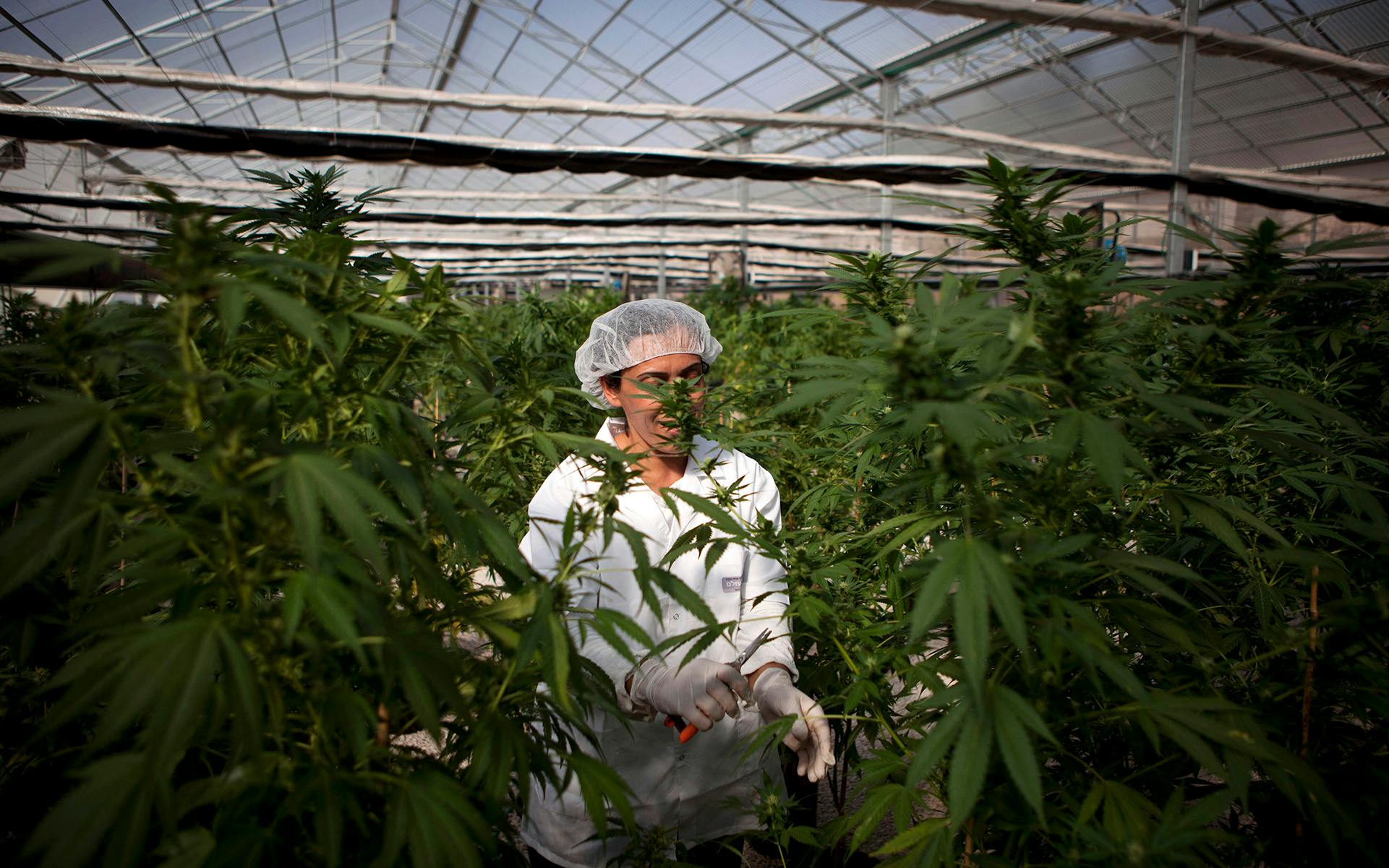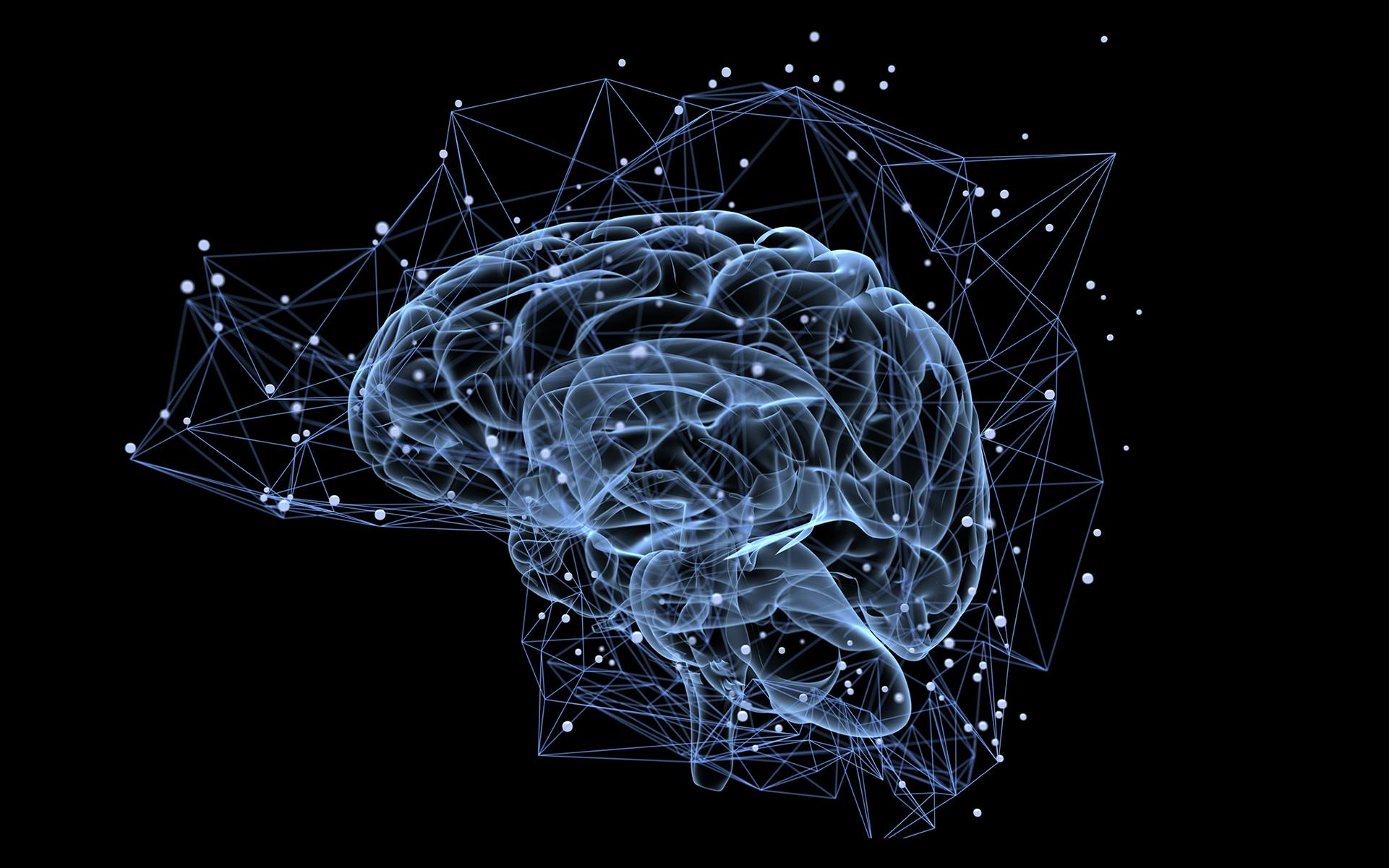An individually-tailored cannabis regimen may help ease symptoms of autism spectrum disorders, according to an August study published by the medical journal Frontiers in Psychiatry. The researchers, who are based in Brazil, studied 20 autistic patients who followed a customized regimen of either full-spectrum CBD oil, THC oil, or a combination of the two. While the study was small, most autistic patients saw marked improvements in their individual symptoms, and a better quality of life for both themselves and their families.
Challenges for people with autism
Autism spectrum disorders (ASD) have no finite or definite cause, but they encompass a spectrum of symptoms and behaviors that impact approximately 1 in 36 people, with varying levels of impact to their development, motor function, and communication. Usually characterized by social difficulties, sensory issues, and repetitive behaviors, ASD can also manifest with a high level of co-morbid conditions, including intellectual disabilities, mood disorders, and seizure conditions.
While these symptoms and potential linked conditions vary from one autistic person to another, they can make life challenging for both autistic individuals and their families. Unfortunately, there are few treatments available to address these needs. Some patients report positive experiences with developmental and psychological approaches, like occupational therapy and cognitive behavioral therapy, but there is currently no medication to directly address ASD.
…quality of life for autistic patients improved in 95% of cases, and their families’ lives improved in 83% of cases.
Can cannabinoids ease ASD symptoms?
Some researchers and advocates, based on smaller, past studies, have long suggested cannabis as a potential therapy for ASD symptoms, in part because a 2019 study found that autistic patients may have lower levels of endocannabinoids. While further research is needed, this could suggest an impairment in the endocannabinoid system, a biological cell signaling system that regulates various bodily functions, which cannabis and its various compounds can stimulate.
Results in previous studies have shown promise that cannabis can reduce the severity of autism symptoms, but methodologies and beneficial results have varied greatly between studies. Both the manifestations of ASD and the chemical composition of cannabis treatments can also vary drastically.
This lack of clarity and consistency led the authors of the recent Frontiers in Psychiatry study to investigate whether cannabis treatments specifically tailored to each individual might prove more consistently effective.
Unique dosing for unique individuals
The Frontiers in Psychiatry researchers, who are from Brazil and were monitored by an ethics committee at the University of Brasília, took on the challenge by designing a 20-person study where each patient was titrated up to their ideal dose of cannabis extract. Patients ranged in age, from 4 years old to 38 years old, and most were male.
Starting with a small dose of full-spectrum CBD-rich extract, researchers adjusted each patient’s regimen in response to their symptoms; most did not consume any THC extract during treatment. As the study and treatment progressed, a few patients saw improved results by slowly adding in a full-spectrum THC extract, eventually landing on a custom balance of THC and CBD for each participant; ratios of CBD:THC treatments ranged from 49:1 to 3:1. When the researchers identified an ideal dose and ratio of CBD to THC for each patient, they stayed on that regimen for at least 3 months, with many exceeding 6 months of treatment.
After 3 months of customized cannabis treatment and monitoring, the patients’ caregivers took a detailed survey on the impact cannabis made in each patient’s life, as well as the lives of their families. The survey covered a variety of domains relevant to ASD and associated symptoms.
Cannabis improves autistic quality of life
The results of the survey indicated that most caretakers felt that the cannabis treatment generally improved all of the analyzed symptom categories.
Overall, quality of life for autistic patients improved in 95% of cases, and their families’ lives reportedly improved in 83% of cases. Still, the particulars varied between individuals.
Many caretakers reported improvements in co-morbidities and symptoms like seizures (84%), emotional meltdowns (76%), discomfort in noisy or crowded places (72%), aggression toward others (67%), eating non-foods (63%), excessive appetite (62%) and making screams and random sounds (54%).
Cannabis also appeared to consistently improve communication-related abilities—85% of caretakers reported that their autistic loved one was more receptive to direct verbal communication. Furthermore, 75% reported improvement to visual contact and attention to conversation; verbal communication improved for 50% of patients.
Is cannabis the first treatment that helps intellectual performance?
Cannabis often gets tagged for making neurotypical adults a little spacey and mellow. However, intellectual and cognitive performance—sometimes impaired in ASD patients due to co-morbid intellectual disorders—also improved in 57% of cases in the study. The authors highlighted this finding, as no other medication has directly induced improvement for this particular co-morbid condition.
Still, a few patients did experience no change or a worsening of specific symptoms, such as difficulty in making visual contact, attention to verbal communication, meltdowns, and aggression towards self or others. Like any drug, cannabis is not a magic bullet, and two of the 20 patients experienced an overall worsening of symptoms, yet 19 of the 20 autistic patients reported an overall improvement in quality of life.
More studies are needed
While results are promising, this study has many limitations, namely its small size, lack of control group and open, unblinded design that may encourage “wishful thinking” in how results are self-reported by patients’ families.
As a result, many more much larger studies are needed to confirm that these results would carry over to a broader spectrum of ASD patients. Because patients and caregivers knew they were receiving cannabis, it’s also possible that the placebo effect could have swayed some of the results.
Still, the study suggests that larger, double-blind studies are warranted and may give us more insight into how cannabis impacts autistic patients. Additionally, it sheds light on how different patients might respond better to different doses and ratios of CBD to THC—and how to approach this challenge clinically. This insight could shift how future research on autism and cannabis is carried out, and yield more accurate results about its potential benefits. Complexity abounds among both autism sufferers and botanical cannabis formulations.
One clear barrier limits cannabis research on autism—the US federal government.
One clear barrier limits cannabis research on autism—the US federal government. The US funds a majority of medical research in the world, and cannabis’ Schedule 1 drug status creates a huge obstacle to researching its potential medicinal efficacies domestically. In 2023, President Biden ordered the Department of Health and Human Services to review rescheduling cannabis and advise the DEA on its recommendation. We’ll see.
If you are considering using cannabis for ASD treatment, keep in mind that it can be contraindicated with some medications and conditions. Always consult with a cannabinoid-specialized doctor first.









